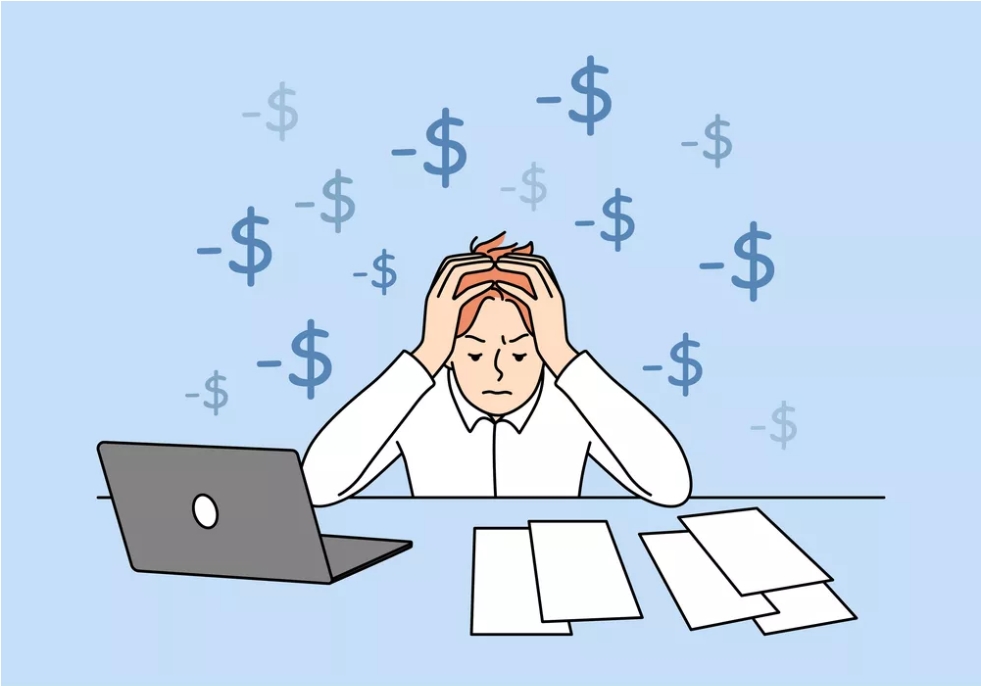Website Performance Improvement
Your website is an important part of your online presence and business ventures. If it's underperforming, you run the risk of losing clients or customers. Users expect the websites they visit these days to run quickly and smoothly. Understanding what contributes to your website's performance and how to improve it with various web hosting options can help. With your website at peak performance, you can get more visitors and encourage those visitors to take action, such as placing an order or calling to schedule services.
Upgrade Web Hosting Options
One of the easiest ways to improve your website performance is to upgrade your web hosting options. Part of why a website starts to slow down is that the server and hardware/software can't keep up with the amount of traffic it receives. When you sign up with a hosting provider to host your website, you have to choose a hosting plan that fits your needs. Cheaper hosting plans won't have the power or resources needed to support bigger websites with more web traffic. If you're having issues with your website performance, consider upgrading to one of the following plans.
Virtual Private Server Hosting
A virtual private server (VPS) works a lot like shared hosting, where multiple website owners share the use of a server. However, in VPS hosting, there's a limit to how many users one server can host. This allows each website to guarantee a set number of resources to help power each website. Upgrading to a VPS hosting option is a great way to support more traffic on your website and integrate more interactive elements.
Dedicated Server Hosting
If you need even more power to support a bigger website with more traffic, you can upgrade to a dedicated server. With a dedicated server, you don't have to share your resources or hosting power with anyone else. Only your websites are hosted here, allowing you to allocate resources as you wish. It's the perfect option for companies with complex websites or resellers that want to keep all of their clients on one convenient server.
Photo by Stephen Dawson on Unsplash
Adjust Image Size
Images are a great way to help your website perform well for users, but they don't always help your website perform well technically. Large images may be eye-catching, but they're also extremely taxing on computing power. By reducing the size of your images, you can help improve your website's performance. There are two main ways you can accomplish this:
Use an image compressing tool to reduce the overall file size of your image. If done properly, this won't reduce the visual quality of the image.
Use HTML-responsive image attributes to alter the image and size based on the screen they are displayed on. This can help your website perform better on smaller screens like phones and tablets.
Check Plug-in Usage
Plug-ins are an effective way to help enhance your website and make it work as you'd like. But overuse of plug-ins and using outdated ones can harm your website's performance. Too many plug-ins bog down your hardware and software, making it hard to keep up with user traffic and interaction. Older, outdated plug-ins can make your hardware work twice as hard to run them.
Doing a check on your plug-ins can help you improve your website's performance. Check to make sure every plug-in is up to date, and delete any plug-ins you don't use anymore. Then, go through and see if there's a new plug-in you can use that combines others. For example, if you have three separate plug-ins that display your social media feeds/links, you might be able to find one that will display them all instead of having to separate them.
Group JavaScript and CSS Files
For each JavaScript and CSS file you have, there's an added HTTP request each time a user attempts to access those files via your website. The more files of that type you have, the more checks your server has to run to connect to them. By compiling all your JavaScript files into one document and all your CSS files into another, you can reduce the load on your website and help everything load and run more smoothly.
Implement Website Caching
When a user accesses your website for the first time, they connect to your server and render the webpage on their system. Each time they visit your website, they connect to your server. And the more people you have connecting to your server, the more power it needs to run. With too many people connected at once, your server could overload, leading to slowdowns or even outages. One way to help reduce the load of traffic is to implement website caching. With caching, when a user first connects to your website, that version of your website is stored on their network. This means that each time they visit your website again, the server doesn't have to continuously render for them. A database request is only sent if there's an update to your website. This helps reduce the load of traffic to your website, helping it run quickly and more efficiently.
Web Hosting Options with HostForWeb
At HostForWeb, we understand how important a website is to each business or personal brand that has one. Keeping its performance in check is the best way to ensure that each website runs smoothly. Our variety of web hosting options can support any website, no matter how large or small. And with our 24/7 customer support, you'll have the support you need if your website is suffering performance loss. If you're ready to improve your hosting experience and your website's performance, browse our available hosting plans online or give us a call at 1-833-201-8322 for more information.








